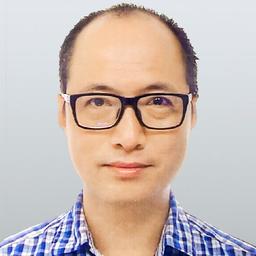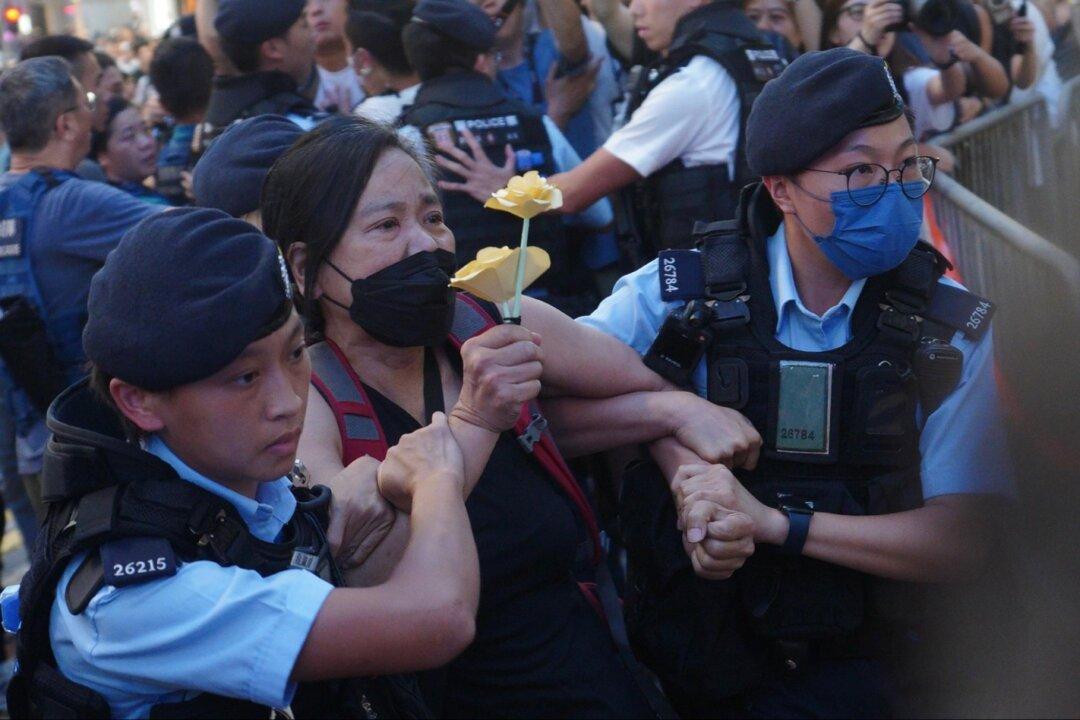Commentary
This is my honor to write my first English column for The Epoch Times. For the last year or so, I have been active with the media, a fact that would have been unimaginable had I been still with the Hong Kong Examinations and Assessment Authority (HKEAA).





